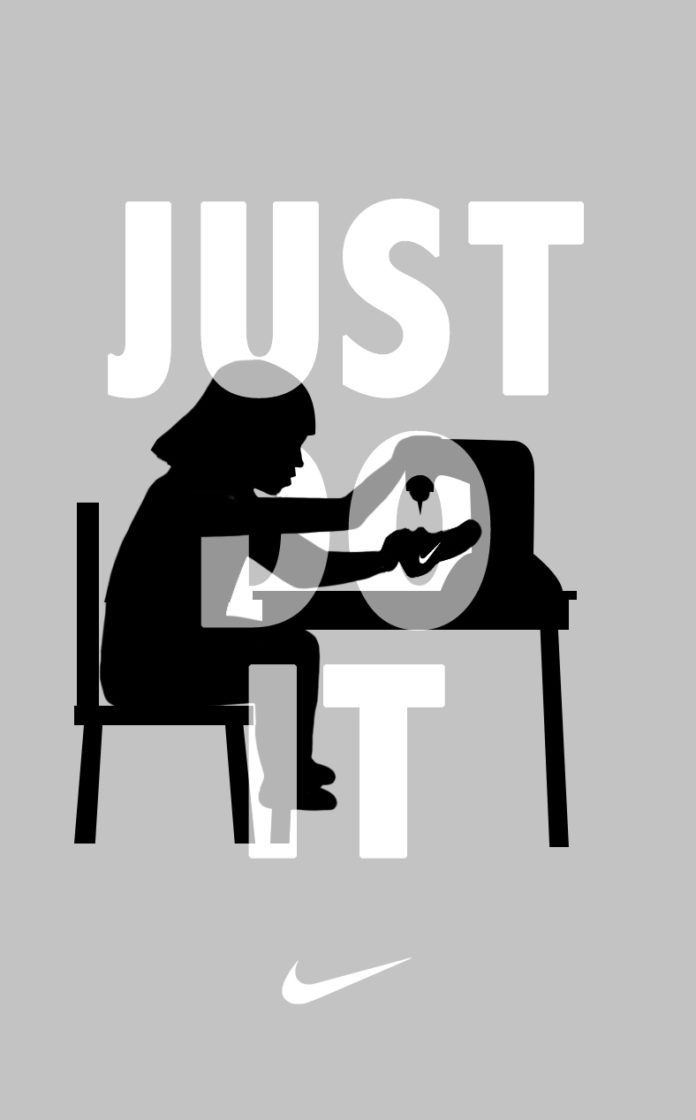While the current polarized political climate mobilizes Americans to use their dollars with scrutiny, consumers need to pay more attention to companies’ ethical practices, rather than just the political stances they adhere to.
American consumers have spotlighted Nike due to its advertisement starring the leader of the 2016 #TakeAKnee movement, Colin Kaepernick, released Sept. 3.
Rooted in political disagreement, people have taken to social media to protest the company. President Donald Trump tweeted “What was Nike thinking?” There has been an influx of videos destroying Nike gear and use of the hashtag #NikeBoycott.
There have been tangible repercussions to the ad as well: a Louisiana mayor banning Nike products from booster clubs and Nike’s stock value dropping 3.2 percent. On the other hand, the power of the consumer is evidenced by 31 percent increase in Nike’s sales following the release of the ad.
The politicization of Americans mobilizes consumers to use their dollar to impact change they believe in.
In the case of Nike’s Kaepernick ad, the virtual explosion brought quick and real change. Political issues easily broadcast and recruit passionate followers, while ethical issues seem less exciting to join in on.
Nike has a history of sweatshop use, which came to light in the 1990s. In 1998, Nike founder Phil Knight announced new “laws” for factories including the discontinuation of toxic adhesive, increased minimum wage and an expansion of education programs.
While these changes appeased the public, more subtle issues remained. The minimum age for workers was officially set to 16 but did not create any exceptions for countries that allow workers as young as 14. Nike’s minimum wage rate is set by the local laws, which often fail to adequately provide for basic needs.
In 2016, over 500 workers among four factories were hospitalized with repeated incidents of fainting. These predominantly female workforces reported 10-hour workdays six days a week facing exhaustion and hunger. In December 2016, the Worker Rights Consortium found numerous issues with the corporation such as “wage theft, forced overtime, restrictions on the workers’ use of toilets, exposure to toxic solvents, and padlocked exit doors.” In March 2017, Nike began disallowing independent NGO Workers Rights Consortium to check on its labor standards.
Subtle injustices rooted in ethical issues rather than political stances are less likely to be sensationalized and catalyst change. Staying informed and following up on issues helps keep companies in check and increase awareness on these injustices.
College students alone have the power to bring change. In 2012, a college group called United Students Against Sweatshops successfully got Rutgers to terminate its business relationship with Adidas because of its labor practices in Indonesia.
College students should demand, through posting on social media, spending money on ethically produced products and activism, that ethical labor practices matter to consumers.
In an age where the consumer’s voice has influence, use it for the important things no one is talking about yet.





